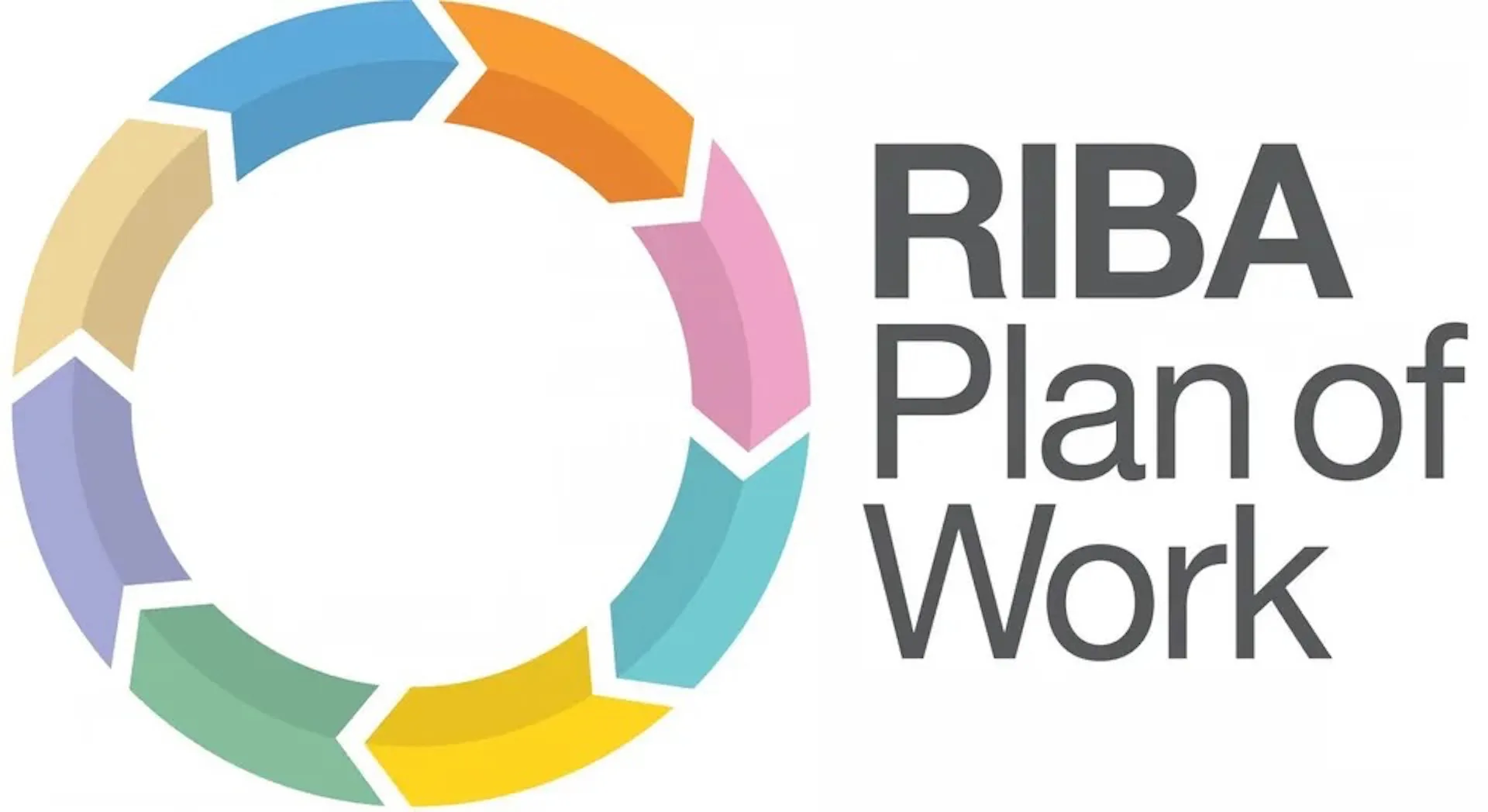The plan consists of eight stages that outline the process of a construction project:
1. Preparation: This stage involves defining the project objectives, assembling the project team, and conducting initial feasibility studies.
2. Briefing: Project brief is developed, which includes the client’s requirements, budget, and timeline. The project team gathers information and conducts site surveys which typically include a topographic survey and measured building survey.
3. Concept Design: This stage focuses on developing initial design ideas and concepts. The project team explores different design options and presents them to the client for approval. 3d models are particularly useful during the concept phase as clients can easily visualise proposals.
4. Developed Design: In this stage, the chosen design concept is further developed and refined. Detailed drawings, specifications, and cost estimates are prepared.
5. Technical Design: The technical aspects of the project are addressed in this stage. The project team works on detailed design development, including structural, mechanical, and electrical systems.
6. Construction: This stage involves the actual construction of the project. Site preparation, procurement of materials and services, and construction management are carried out.
7. Handover: Once construction is complete, the building is handed over to the client. This stage includes final inspections, testing, and commissioning of systems.
8. Use and Aftercare: The final stage focuses on the ongoing use, maintenance and operation of the building. The project team provides support to the client and ensures that the building performs as intended.




